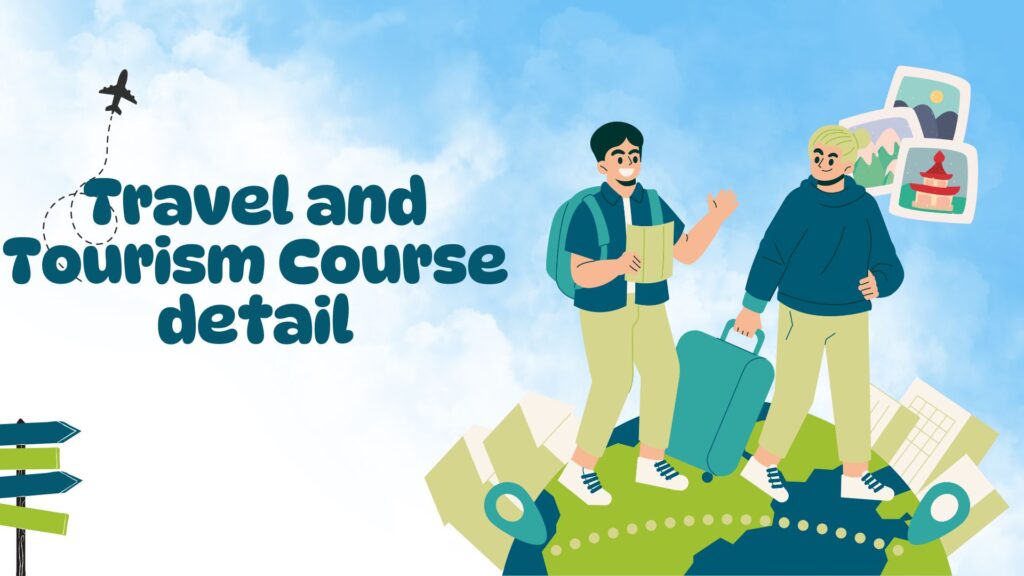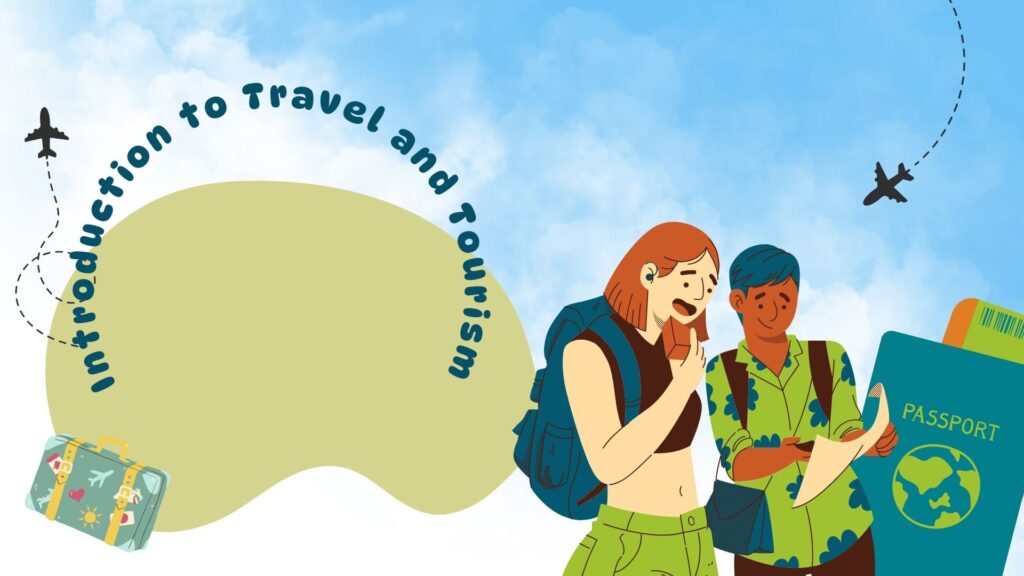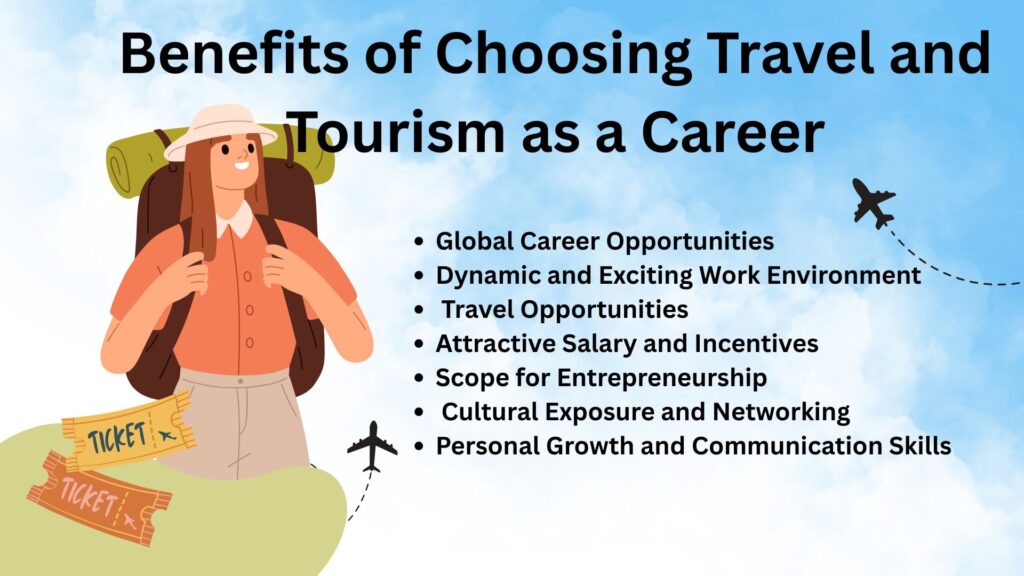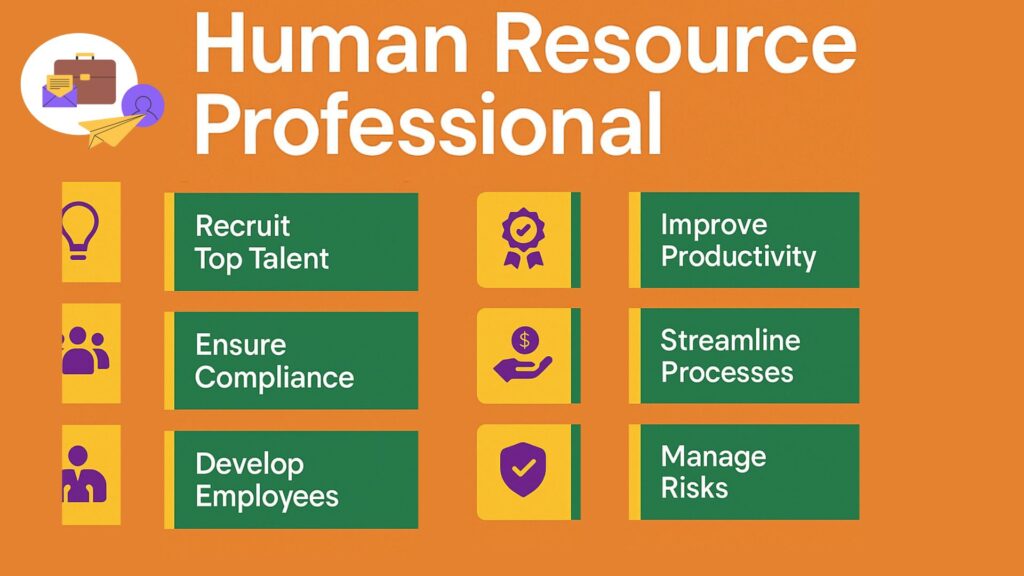Travel and Tourism Course detail

Table of Contents
Image of post regarding course
Introduction to Travel and Tourism

The travel and tourism industry is one of the most dynamic and fast-growing sectors globally. With globalization, digital transformation, and the rising aspirations of people to explore the world, the travel and tourism industry has become a key economic driver for many countries. A travel and tourism course opens the doors to a wide array of career opportunities in airlines, cruise lines, hotels, tour operators, and government tourism departments.
From travel consultants to tourism marketers and event managers, a variety of exciting job roles await those who opt for a travel and tourism course. This blog is your complete guide to understanding every aspect of the field, ensuring you’re equipped with all the knowledge required to embark on a successful career in travel and tourism.
olffer image
Types of Travel and Tourism Management Courses
Certificate Courses in Travel and Tourism
These short-term courses typically range from 3 to 6 months. They focus on foundational topics like customer service, ticketing, and basic travel management.Diploma Courses in Travel and Tourism
Diploma programs offer in-depth training in practices, often lasting 6 months to 1 year. They include practical knowledge about tour planning, itinerary design, and destination management.Undergraduate Degree Programs (B.A./B.Sc./BBA in Travel and Tourism)
These 3-year full-time courses provide comprehensive education in tourism management, travel business operations, and hospitality.Postgraduate Degree Programs (M.A./MBA in Travel and Tourism)
Postgraduate courses are for those aiming at managerial or leadership roles. They cover tourism marketing, finance, strategic planning, and international tourism trends.Online Travel and Tourism Courses
Offered by platforms like Coursera, edX, and Udemy, online courses are flexible and accessible, suitable for working professionals or students seeking additional qualifications.Vocational and Skill-Based Courses
These courses are job-oriented and focus on practical skills such as travel software, GDS systems (like Amadeus or Galileo), and airport ground services.Specialized Travel and Tourism Courses
These include niche areas like:Eco-tourism
Adventure tourism
Medical tourism
Luxury travel and tourism These specialized travel and tourism programs cater to specific segments of the industry.
International Travel and Tourism Certifications
Offered by global bodies like IATA and UNWTO, these certifications enhance international employability in the travel and tourism industry.
Eligibility Criteria
. Eligibility Criteria for Certificate Courses in Travel and Tourism
Educational Qualification:
Most certificate courses require candidates to have passed at least the 10th standard (SSC or equivalent) from a recognized board.Age Requirement:
Typically, applicants should be 16 years or older. Some institutes may have no upper age limit.Language Proficiency:
Basic knowledge of English is essential, as most training is conducted in English.
2. Eligibility Criteria for Diploma Courses in Travel and Tourism
Educational Qualification:
Candidates must have completed 10+2 (HSC or equivalent) in any stream—Arts, Commerce, or Science—from a recognized educational board.Minimum Marks:
Some institutes may require a minimum aggregate score (usually around 45%–50%) for diploma-level programs.Additional Skills:
Good communication skills and a passion for travel are often preferred by institutes offering diplomas.
Career Opportunities After Completing the Course
olffer image
Travel Consultant / Travel Agent
Role: Plan and book travel arrangements for individuals or groups, including flights, accommodations, tours, and visas.
Sectors: Travel agencies, tour companies, corporate travel firms.
Why it fits: A course equips you with knowledge of destinations, booking systems, and customer service.
2. Tour Operator
Role: Design, organize, and execute tour packages that include transportation, accommodation, sightseeing, and activities.
Sectors: Domestic and international tour companies, eco-tourism and adventure travel startups.
Why it fits: Practical modules in courses teach itinerary creation and destination management.
3. Airline Ground Staff / Cabin Crew
Role: Manage check-in, customer service, boarding processes, or serve as air hostess/flight attendant on domestic and international flights.
Sectors: Airlines and aviation services.
Why it fits: Many courses offer aviation modules and soft skill training relevant to the airline industry.
4. Hotel and Resort Manager
Role: Oversee daily operations of a hotel or resort, ensure guest satisfaction, manage staff, and optimize services.
Sectors: Hospitality industry, luxury resorts, heritage properties.
Why it fits: A curriculum often overlaps with hospitality management training.
5. Tourism Marketing Executive
Role: Promote tourism destinations, attractions, and services through digital and traditional marketing channels.
Sectors: Tourism boards, travel agencies, digital marketing agencies.
Why it fits: students learn consumer behavior, market trends, and branding strategies.
6. Event and Conference Organizer
Role: Plan and manage corporate events, destination weddings, and tourism exhibitions.
Sectors: Event management companies, MICE (Meetings, Incentives, Conferences, Exhibitions) industry.
Why it fits: Event management is often included in advanced programs.
7. Cruise Line Staff
Role: Serve as hospitality or tour personnel aboard international cruise ships.
Sectors: Global cruise companies.
Why it fits: Specialized courses prepare students for the lifestyle and customer service required at sea.
Benefits of Choosing Travel and Tourism as a Career

Below are the key benefits of choosing travel and tourism as a career:
1. Global Career Opportunities
global industry, offering job opportunities in nearly every country.
Professionals can work in international airlines, cruise liners, global hotel chains, and travel consultancies.
Certifications in lead to employment in Europe, the Middle East, Southeast Asia, North America, and beyond.
2. Dynamic and Exciting Work Environment
No two days are the same in the sector—whether you’re planning a honeymoon, managing a luxury hotel, or guiding a tour in a historic city.
It’s an ideal career for those who enjoy variety, flexibility, and social interaction.
3. Travel Opportunities
Many roles in allow professionals to travel domestically and internationally.
Tour operators, airline crew, and travel consultants often explore new destinations as part of their job responsibilities.
4. Attractive Salary and Incentives
professionals often enjoy competitive salaries, performance bonuses, and incentives such as discounted or free travel.
High-ranking positions in tourism marketing, hotel management, and aviation command excellent compensation.
5. Scope for Entrepreneurship
With a background, starting your own business is highly feasible—whether it’s a travel agency, tour company, homestay, or destination consultancy.
The growing online booking and digital travel trends provide a platform for innovative travel startups.
6. Cultural Exposure and Networking
Working in provides exposure to diverse cultures, languages, and customs.
It enhances your ability to communicate, collaborate, and adapt in a multicultural environment.
7. Personal Growth and Communication Skills
The industry improves interpersonal skills, confidence, and public speaking abilities.
Dealing with global clients and high-pressure situations nurtures leadership, patience, and decision-making skills.



